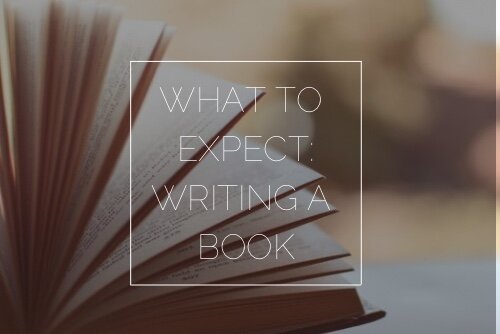Critiques are great. People willing to let you know when and why something isn’t working for them in a book are gems. It doesn’t matter how great they are in the long run, though, because they’re also challenging. The very thing that makes a person creative can make them sensitive about their work. Pour your soul into something and breathe life into words for long enough to make a book, and then see how you feel about criticism.
It doesn’t matter what background you come from or if you’re used to not taking things personally; of course, it’s hard. We all get that. There are ways to deal with criticism, though, and to flourish under it. There’s no doubt that without it, our writing would suffer, so here are my handy tips for dealing with it and coming out of critiques a better writer:
1 Take a beat
Wait longer than a moment before formulating a feeling or a response to critiques. Let yourself absorb the thoughts and mull them over. Nobody is asking you to immediately, this instant, right now, change everything, so you don’t need to immediately express an opinion about the critique either. Read or listen carefully. Understand that, genuinely, this probably isn’t personal at all. Maybe you even asked for this critique, in which case, good for you because you clearly understand that we all need readers to improve.
2 Take it on board
Nobody wants to absorb other people’s problems or concerns. We all think we have exactly enough of our own worries on this ship we’re sailing through life, so why take on more? But you need to take on criticism like you might haul in a lost and lonely shipwreck survivor. You need to offer it a blanket and welcome it into your home. Shut the door on the box full of insecurities you already have while you do this, and accept that nobody is perfect.

3 Take Control
You are not powerless, and your critique has just given you the biggest gift of all — you have the power to change things, to evolve, and to learn. This criticism can only be good for you! It can make your writing better if you let it. Maybe deep down, you even suspected what you’re now being told. Isn’t it great to know now for sure? You’ve got some work to do now, yes, but your work is going to help make your writing better! What a great thing to know.











Ruby Rumsey
I find that it’s easiest to take criticism from other readers and writers, because they know what makes a story tick and they know that just being told “this is really good” is so unhelpful. I also like to have a list of questions that I want answered so that I’m sure to get meaningful criticism.